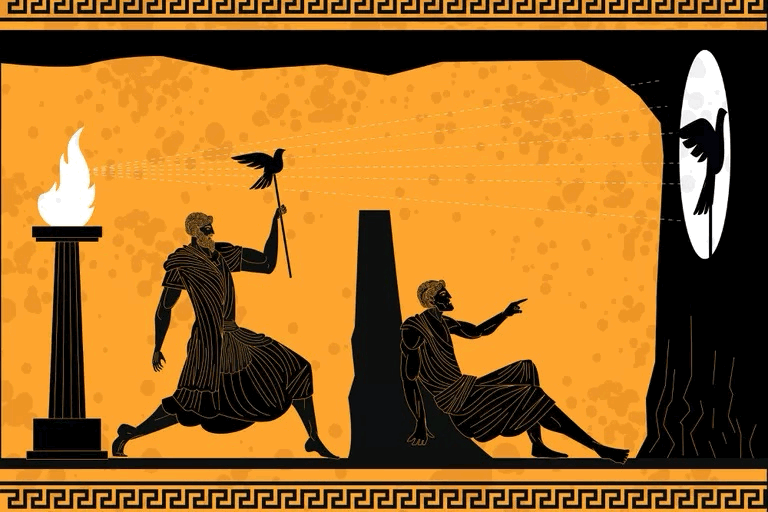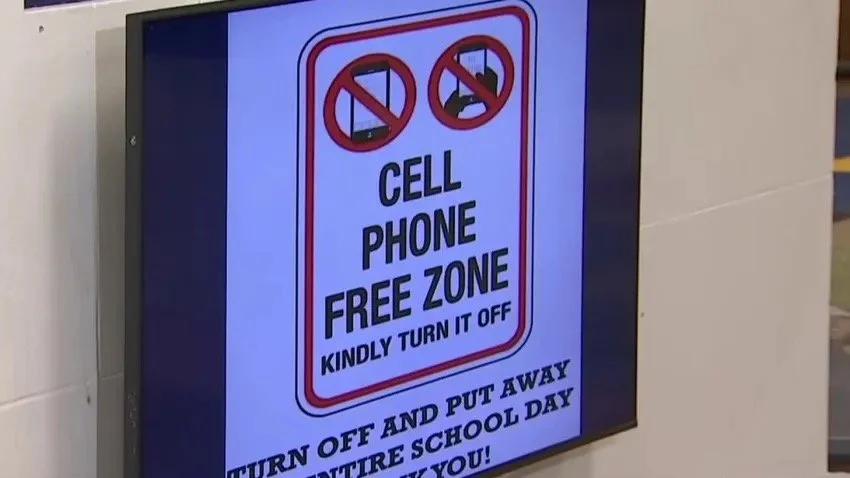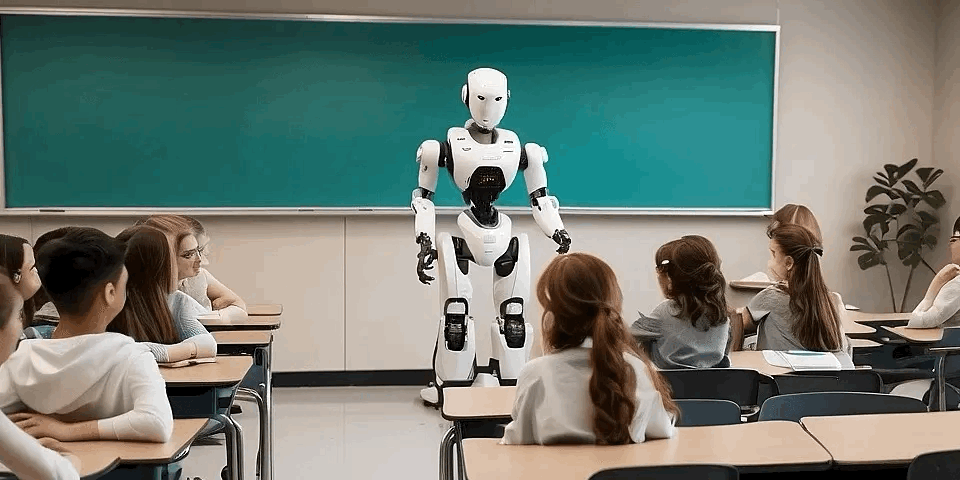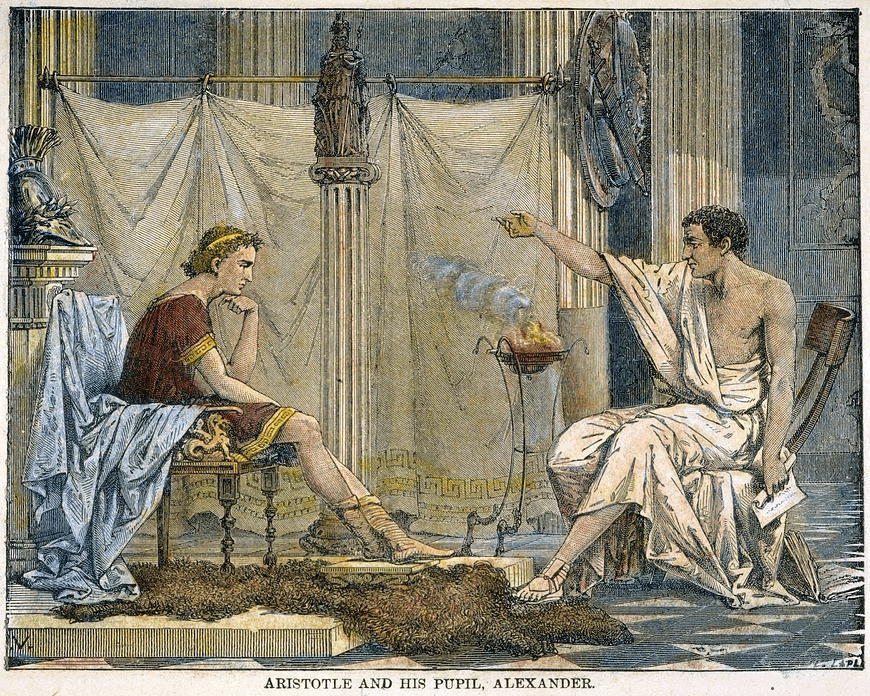
Adapting to Zoom
Over the summer, I wanted to volunteer and decided to go down a different route from past summers. Instead of going into classrooms and teaching face to face as usual, I tutored students—at all academic levels—through Zoom.

Plato’s Cave and the Shadows of Modern Education
According to Plato’s metaphor of the Cave, people live in a cellar, in the dark, and experience the passing of shadows on the wall in front of them. They have no choice but to consider those shadows their reality, as these are the only things that they have seen and have certainty of. Later one of them manages to get free, dashes out into the sun, and at last, sees the world outside the cave—the truth. Yet when he returns to help the others, they do not accept him. The light is uncomfortable to their eyes. They would rather stay in their place with comfort rather than experience the truth, even if what they have known is all just lies. Plato’s point was that education should bring truth and knowledge.

School Cell Phone Bans and Freedom: Plato vs. John Stuart Mill
On May 9, 2025, the New York State Senate passed a bill issuing a state-wide requirement to not allow students to have access to cell phones during school hours. Currently, there are many snaps to the bill on both sides. Many agree with the bill and believe that the use of cell phones and specifically social media in school is detrimental to mental health, while others believe that parents deserve to be able to contact their kids at any given minute in school. Rather than rushing to react, I prefer to pause and return to think about the wisdom of past philosophers. A lot of the other things they focused on are still relevant today. Maybe their thoughts on education could prove to be useful today as well.

John Dewey and Education: Up to the teacher, or up to the student?
Whenever we think about school, it seems we always go back to the same big question: How much of the quality of a student's education is truly up to them? Are students there just to take in knowledge, or should they be responsible for shaping how they learn?

Learning Demands People, Not Programs
Lately, it feels like AI is everywhere in school. From apps that “help” with homework to programs that can seamlessly write essays for you, nowadays you can get through classes without actually learning anything—just a quick copy and paste will get you an A. At first, it felt like its purpose was to be convenient: we've all been there, crunching to complete an essay before it’s due. Why not just use AI? But the more I think about it, the more I realize how much we’re losing when we let AI intervene in our education.

Aristotle and the Purpose of Education
Every generation seems to question, What is the point of education? For many, the answer may feel obvious—school is about preparing for college, building critical thinking skills, and eventually getting a job and a steady career. Constant standardized tests, grades, and workforce readiness dominate most conversations about education. But more than two thousand years ago, the philosopher Aristotle raised his own challenge to these same views. He argued that the purpose of education wasn’t just to train workers, but to mold humans into beings capable of living content lives and fit to contribute to and sustain a community.

Trump’s Push to Reshape the Department of Education: A Quick Breakdown
In early 2025, President Donald J. Trump launched one of the most chaotic and dramatic overhauls of the U.S. Department of Education in its entire existence. His administration is cutting down on staff, freezing funding, and dismantling diversity programs.